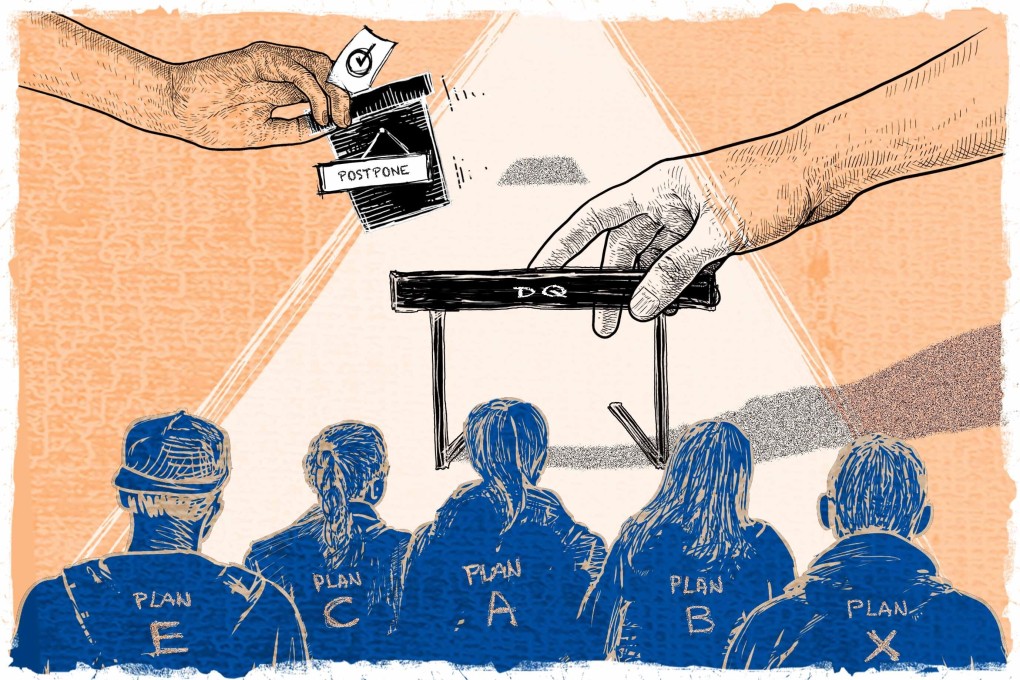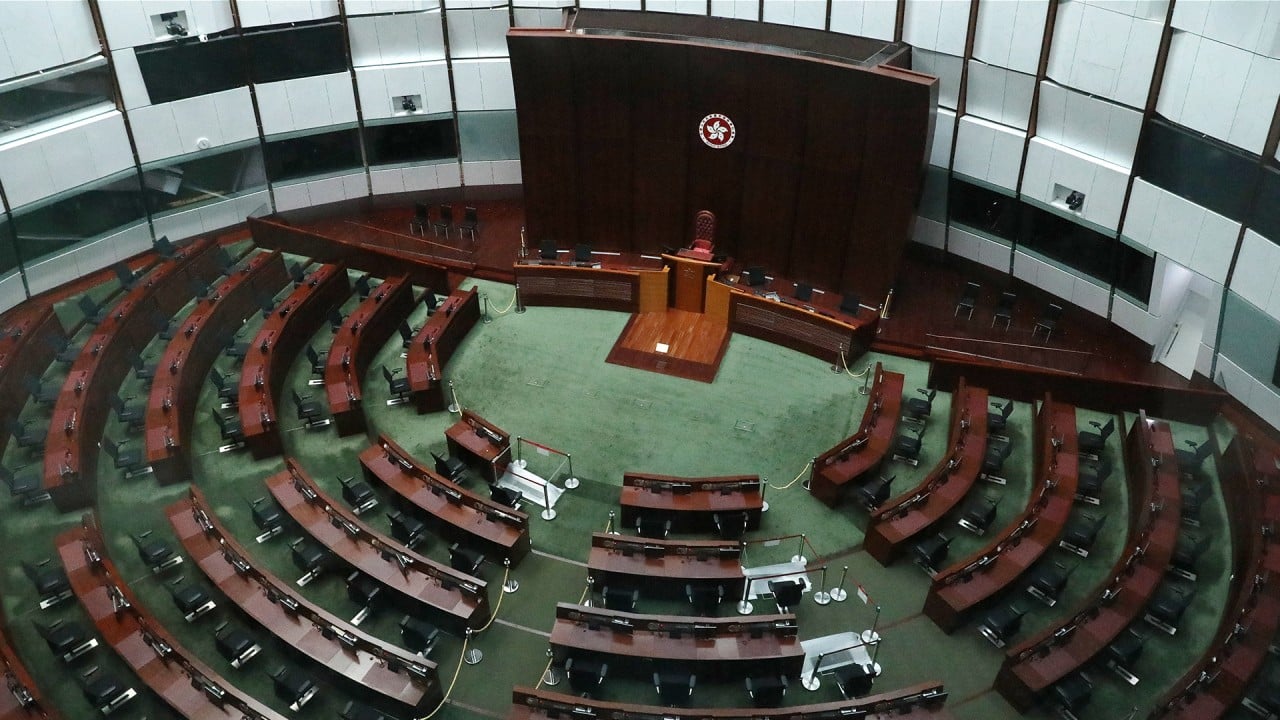Hong Kong elections: by delaying vote for one year, leader throws up raft of legal and political questions
- It remains unclear if opposition lawmakers already disqualified from running will be permitted or even want to take part in an extended term
- Basic Law expert Maria Tam casts doubt over whether a prolonged Legco can survive legal challenges

The delay also scrambles the political landscape for the opposition, which must now decide whether to take part in a provisional term during which controversial legislation could be passed.

03:39
Hong Kong Legislative Council elections postponed by a year
Lam believed “the most pragmatic” way forward was to extend Legco’s current term, which expires on September 30, for one year.
Under the Legislative Council Ordinance, the chief executive must specify a date for holding general elections not earlier than 60 days and not later than 15 days before the new term of office.
The Legco president can convene emergency meetings after September 30, at the request of the chief executive, and such a session can be held before general elections of an unspecified date. Incumbent lawmakers will be deemed members of the legislature.
But Maria Tam Wai-chu, vice-chairwoman of the Basic Law Committee that advises Beijing on Hong Kong’s mini-constitution, said such a move would be subject to legal challenge as some might question whether such meetings could truly be deemed to be of an emergency nature.


.jpg?itok=31xWJsbc&v=1740467326)